Welcome back to the “We’re Not Stumped” podcast! Host Mike Bolland introduces an exceptionally inspiring guest, Jonathan Cowley. Jonathan’s story is a profound example of resilience and determination in the face of formidable challenges.
Jonathan’s journey began in early 2013 when he discovered a small lump on his right hand. With a young child at home, bumps and scrapes were commonplace, so initially, neither Jonathan nor his doctor thought it was a cause for concern. However, a few months later, while on a family cruise, the lump became a significant issue. What started as minor discomfort evolved into severe pain, and the lump turned discolored, clearly signaling something was wrong.
Following this alarming development, Jonathan went through numerous doctor visits and medical tests. The results were unexpected and devastating: Jonathan was diagnosed with a rare form of cancer, with only about 20 cases reported annually in the United States. This diagnosis led to a series of surgeries, but despite the efforts, the only feasible option was to amputate his right hand above the wrist, just five months after returning from the cruise.
Undeterred by this life-changing event, Jonathan immersed himself in rehabilitation and was soon fitted with a prosthetic hand. Unfortunately, the prosthetic was uncomfortable and did not fit well. Jonathan faced the difficult choice of whether to persevere with the prosthetic or adapt to life without it.
Today, Jonathan joins the podcast to share more about his journey, the challenges he overcame, and how he transformed his story into one of triumph. The conversation will explore his experiences with prosthetics, his recovery, and how he navigates life post-amputation.
Jonathan, welcome to the show!
Listen on Apple Podcasts
Watch on YouTube
Listen on Spotify
In this deeply moving episode of We’re Not Stumped, host Mike Bolland welcomes Scott Martin, a bilateral hand amputee, soccer coach, and author of the upcoming memoir Play From Your Heart. Scott opens up about the life-altering infection in 1993 that led to the loss of both hands and parts of his feet, and the emotional aftermath that followed. He speaks honestly about denial, detachment, and the five-year struggle with depression that tested his identity, confidence, and purpose.
This special Christmas episode of We’re Not Stumped is a heartfelt reflection from host Mike Bolland on resilience, community, and gratitude during the holiday season. Instead of an interview, Mike takes a few minutes to acknowledge the realities many people in the limb loss and disability community face during the holidays — from accessibility challenges and family dynamics to grief, growth, and adapting to change — all with warmth and a touch of humor. Mike also shares what this podcast has taught him over the past year and gives a heartfelt shout-out to some incredible guests who trusted him with their stories.
In this inspiring episode of We’re Not Stumped, host Mike Bolland sits down with Jason A. Jones—motivational speaker, author, and founder of Positive Pieces—for a powerful conversation about resilience, mindset, and growing up with a congenital hand difference. Mike and Jason share a unique connection: both were born with a difference in their right hand. Together, they explore the realities of childhood, school, friendships, sports, and the challenges of first impressions when living with a visible disability. Jason reflects on the role his parents played in building confidence and accountability, encouraging him to adapt without excuses and believe in his own abilities. Jason also discusses his motivational memoir, 3 the Hard Way, which chronicles his journey from adolescence through college—including major setbacks like a serious car accident, job loss, and navigating employment with a disability. The conversation dives into the importance of mindset, and how resilience is built through lived experience.

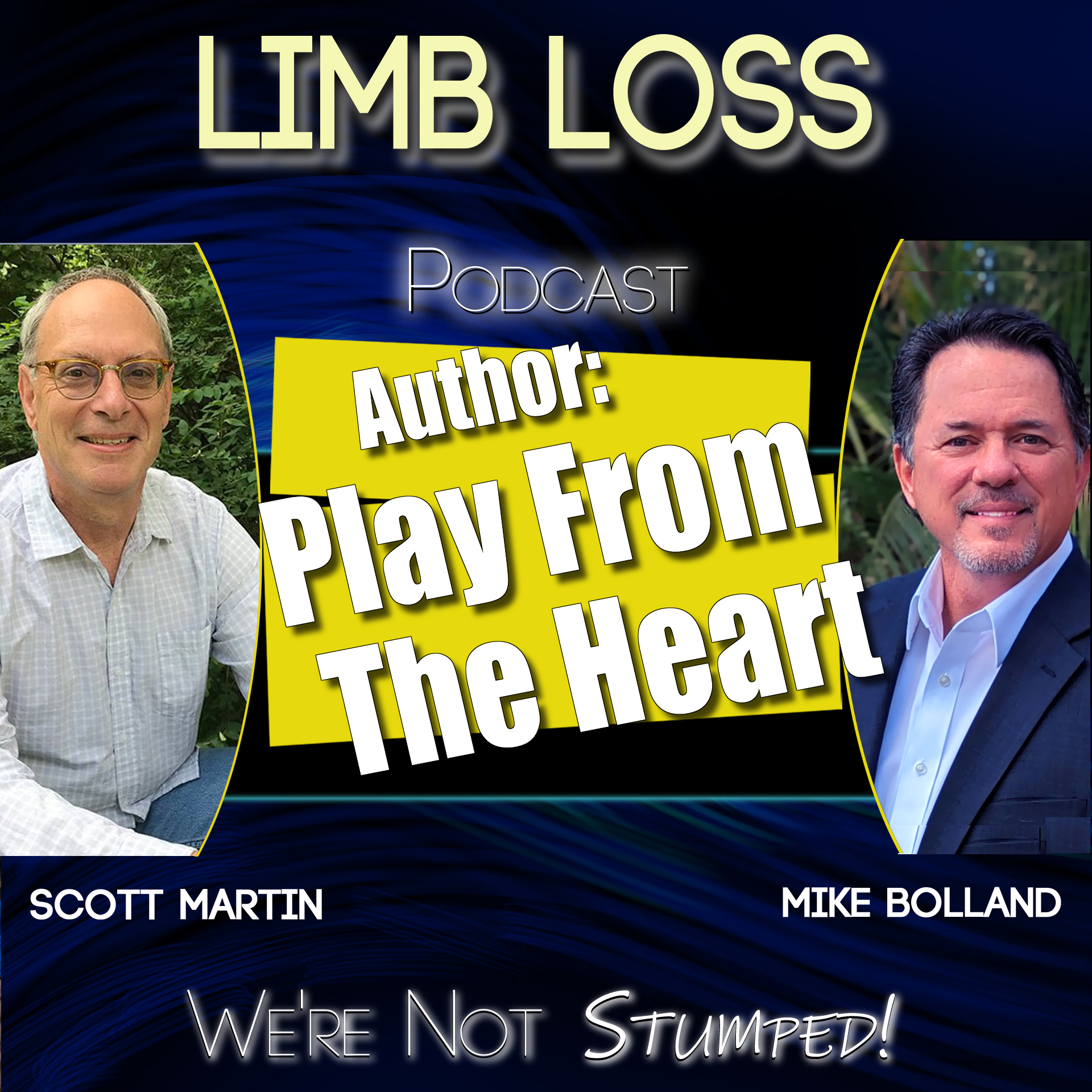

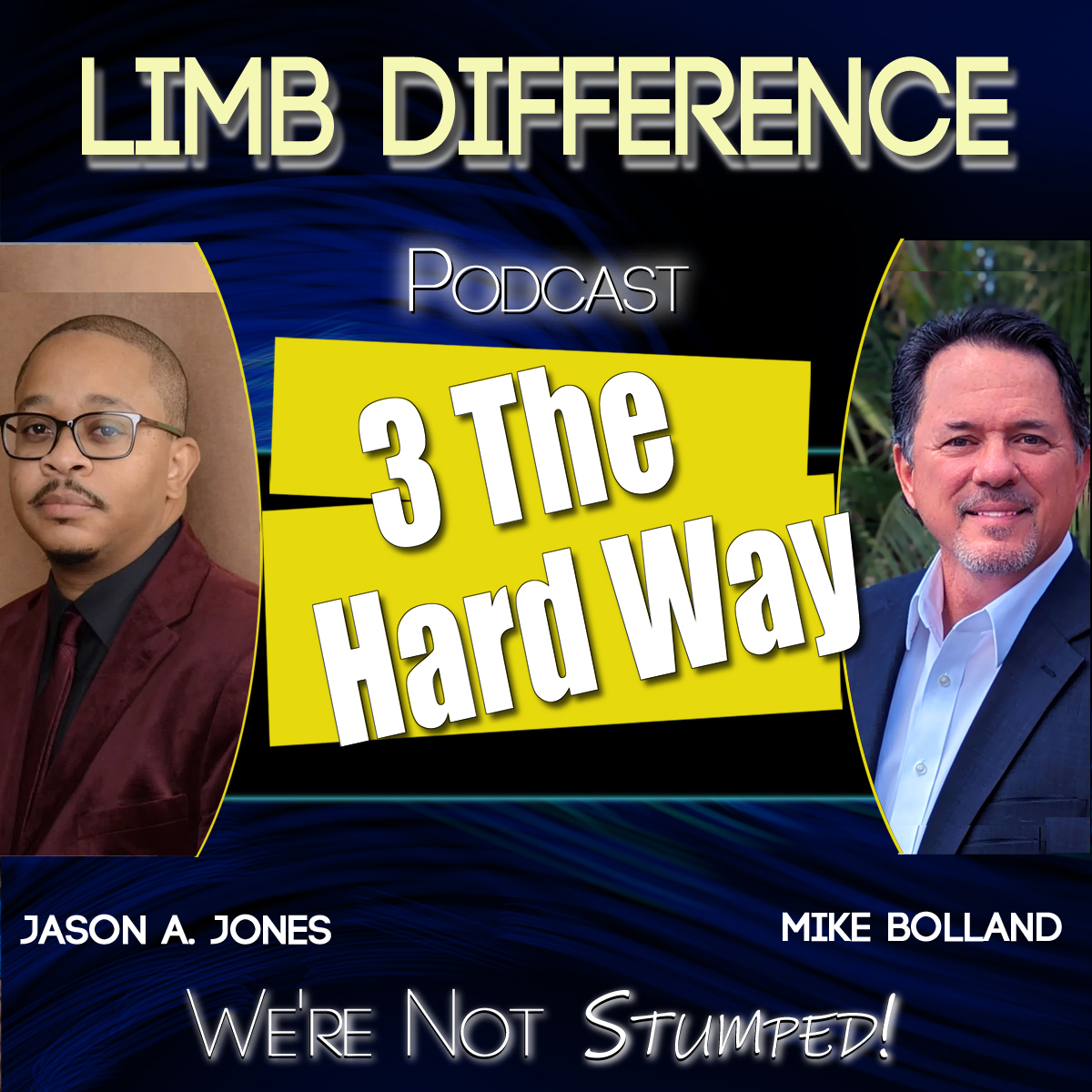
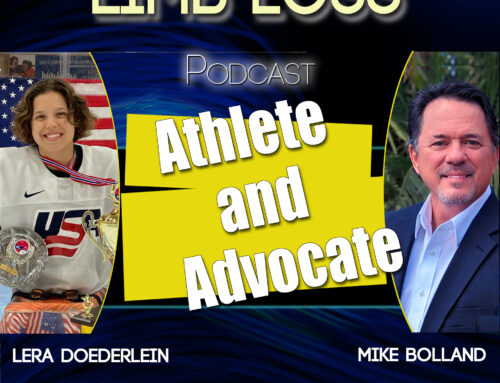

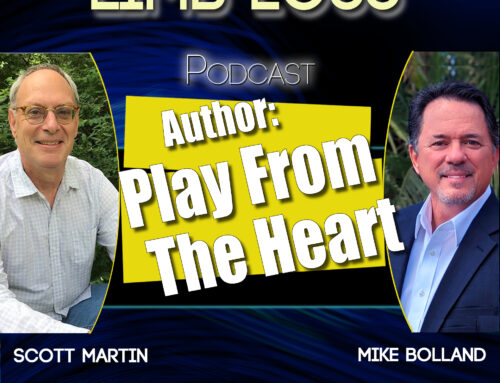
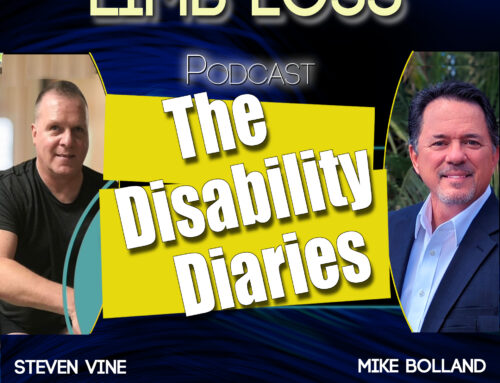
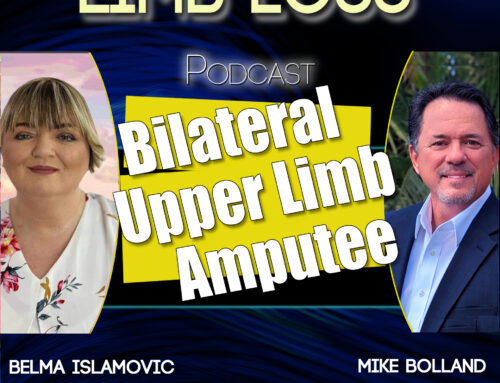
Leave A Comment